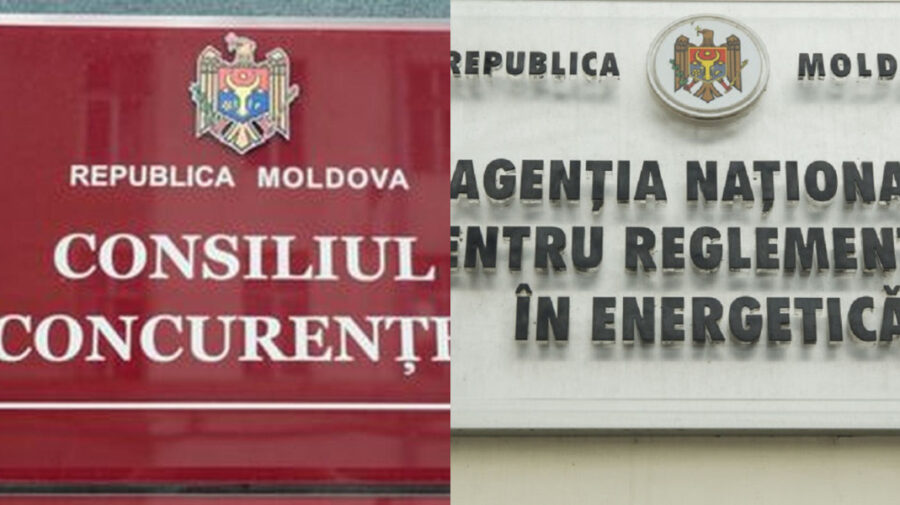IPRE considers insufficiently reasoned and thus, inappropriate the solution to reorganize National Agency for Energy Regulation and Competition Council of the Republic of Moldova

Institute for European Policies and Reforms (IPRE) prepared a preliminary opinion that reviews the appropriateness of reorganizing the authority which regulates and monitors the activities of the energy authority and the national competition authority.
The authors of the document, Calin Negură, energy expert and Iulian Groza, IPRE Executive Director IPRE, consider insufficiently reasoned and thus, inappropriate the solution to reorganize NAER and CC by merging them, as long as there are no objective arguments, supported by independent evaluations, drafted with the involvement of experts from relevant international organizations (i.e. the Energy Community Secretariat), the European Commission (DG COMP, DG ENER, DG TRADE).
Under these conditions, the speed of such an institutional reform will always be to the detriment of quality, will generate risks related to sustainability and create dysfunctions in the regulation of the two critical sectors of the economy of the Republic of Moldova. Moreover, ignoring the procedures for drafting public policies and of the law no. 100 on normative acts will compromise the sincere intentions to improve and streamline the activity of the authorities responsible for implementing policies that are far too important for the functioning of a market economy state and its regional integration.
In the context, the authors recommend the revision of the draft institutional reform and the implementation of the following actions:
- Initiating an objective institutional evaluation, based on an appropriate methodology, agreed by stakeholders. The methodology must include a set of criteria that will examine the observance by NAER and CC of the recognized principles of activity: independence, legality, professionalism, objectivity, transparency, responsibility;
- Identifying the necessary measures to improve the activity, transparency and independence of NAER and CC as separate entities and, if necessary, to identify what are the opportunities and risks of merging these authorities;
- Requesting the support and active participation of representatives of the European Commission (DG COMP/DGENER/DGTRADE), the Energy Community Secretariat (ECS) and the Energy Community Regulatory Board (ECRB), the Agency for the Cooperation of Energy Regulators (ACER), the International Competition Network (ICN), at all stages of institutional evaluation and examination of international practices in the field. A key issue upon which the ESC and the European Commission should be invited to comment is the compliance of the reorganization solution(s) with the commitments of the Republic of Moldova provided for in the Association Agreement with the EU and the Energy Community Treaty;
- Based on the conclusions of the institutional evaluation reports and examination of international practices in the field, provided that the shortcomings of the existing institutional systems are confirmed and the proposed arguments for improvement and efficiency are properly argued, the opportunity for institutional reform, by merger or otherwise, should be examined;
- Based on the evaluations, in case the optimal solution for institutional reform of NAER and CC is found, the current draft law is to be revised, as well as the draft package of normative acts subordinated to the law necessary for the implementation of the institutional reform;
- Carrying out a comparative analysis with other solutions applied at European level regarding the opportunity and manners of reorganization of sectoral regulators (ex-ante);
- Also, in accordance with law no. 100 on normative acts, the draft law is to be accompanied by the analysis of the initiative for drafting the normative act or RIA.
For more details read the Opinion here.
This opinion was developed within the project “Strengthening the resilience against the systemic kleptocracy in the Republic of Moldova”, implemented by IPRE and financially supported by the Soros Foundation Moldova. The content of the document represents only the opinion of IPRE experts responsible for its elaboration and does not necessarily reflect the position of the Soros Foundation Moldova.

